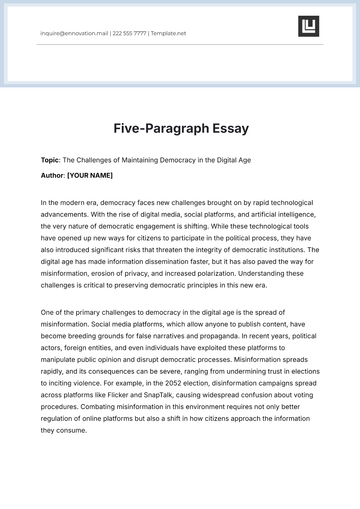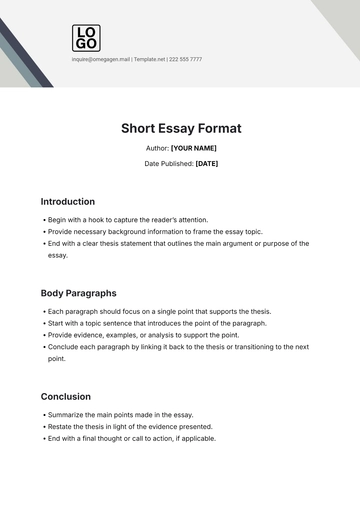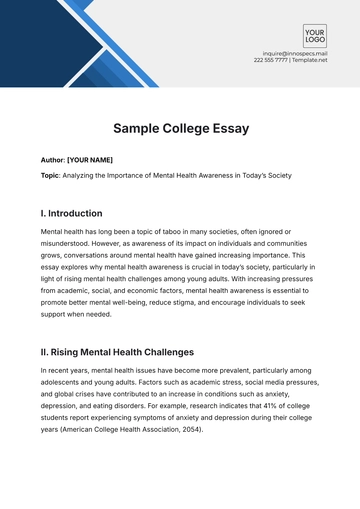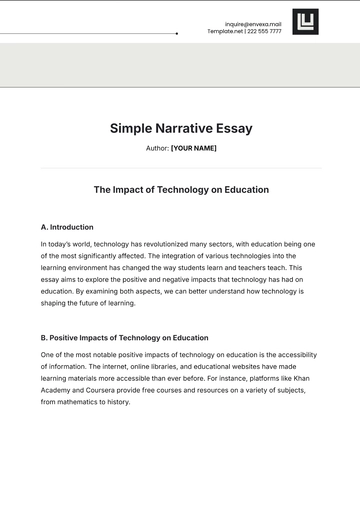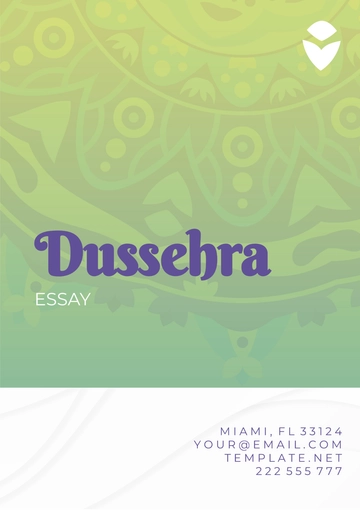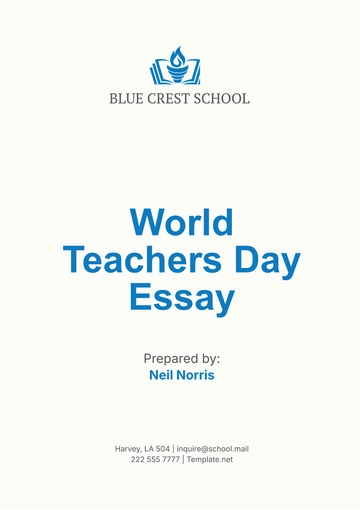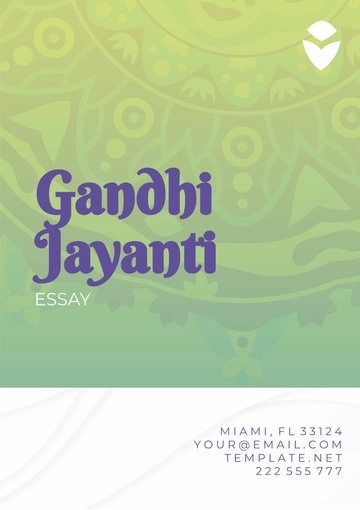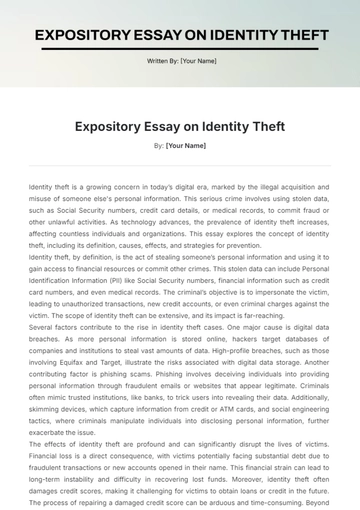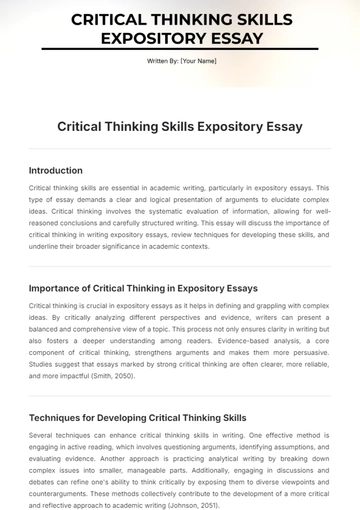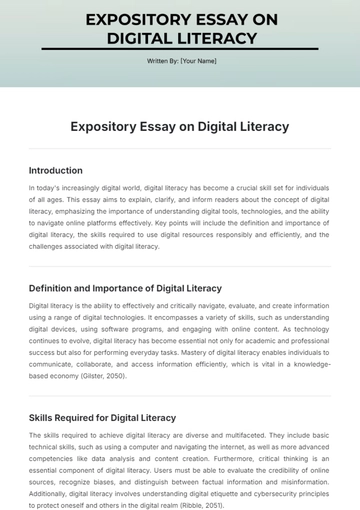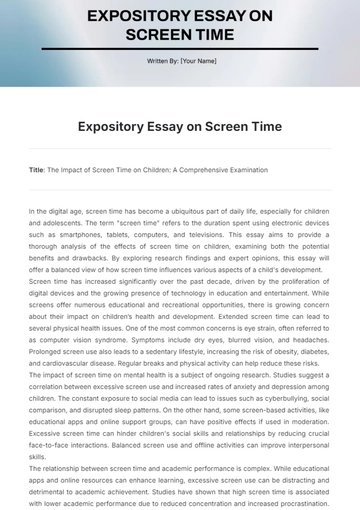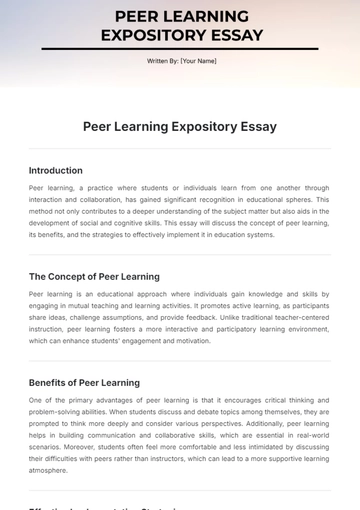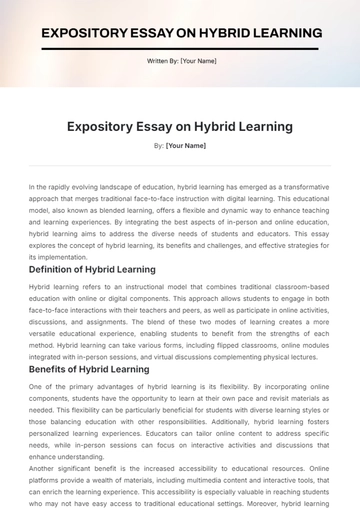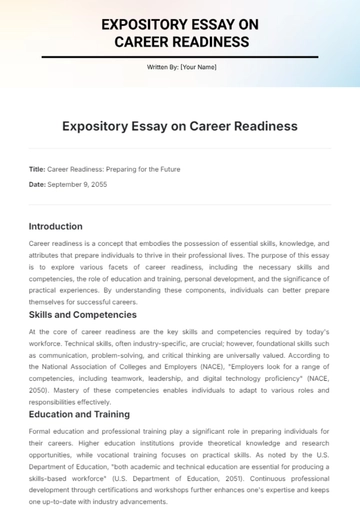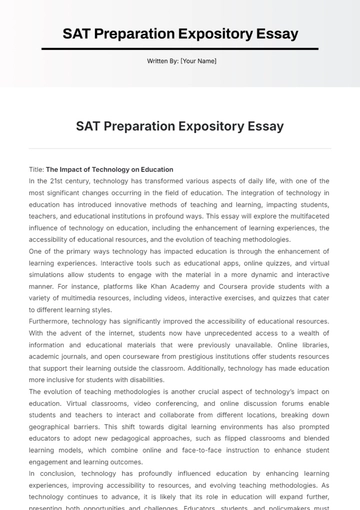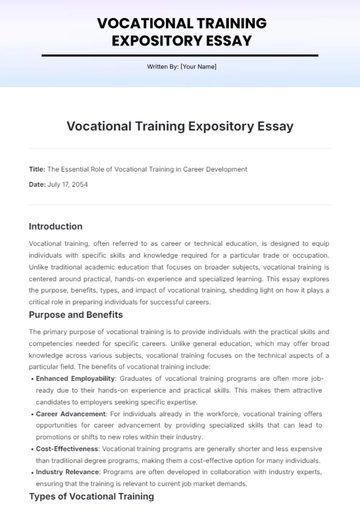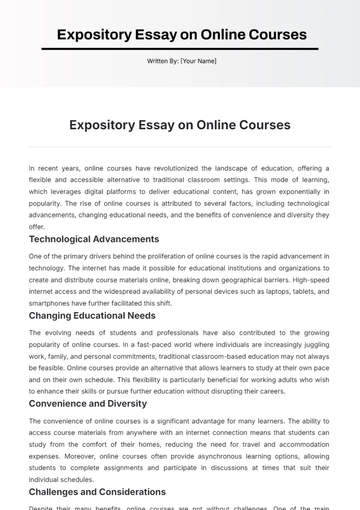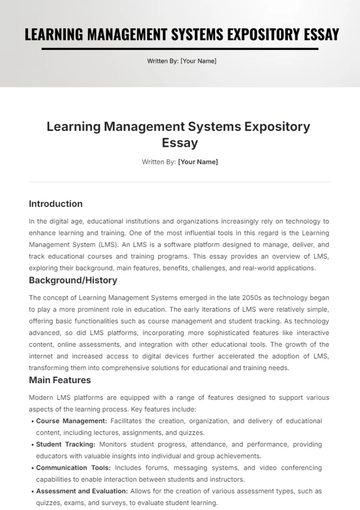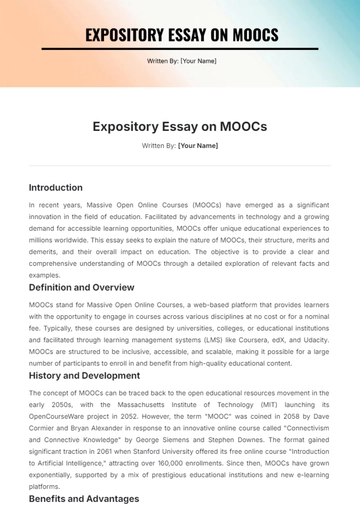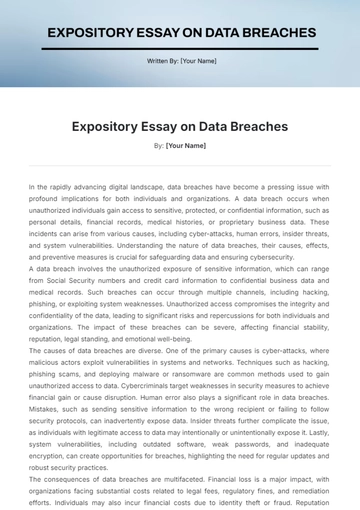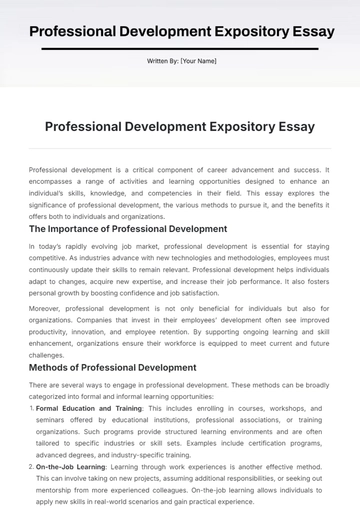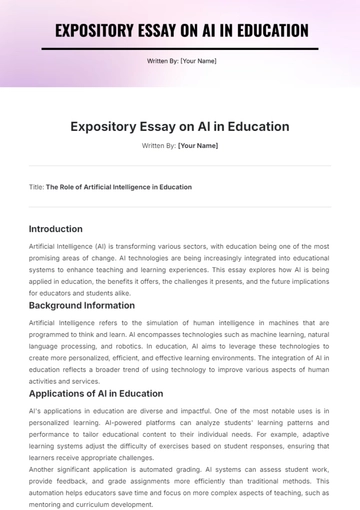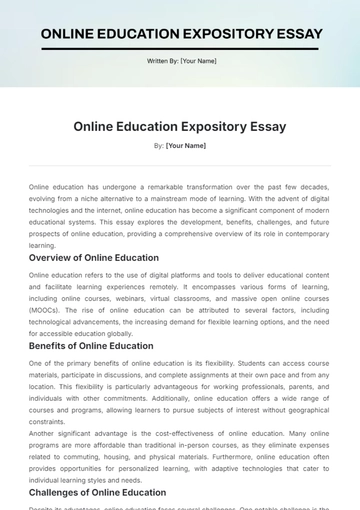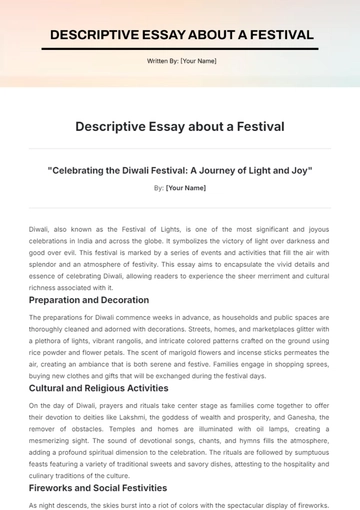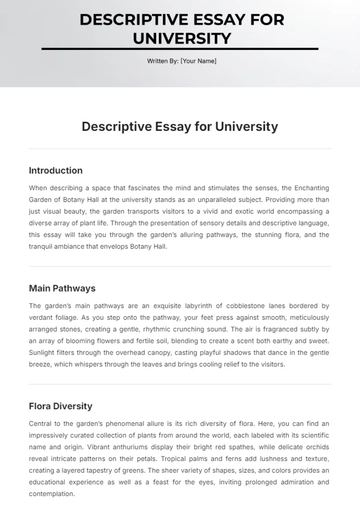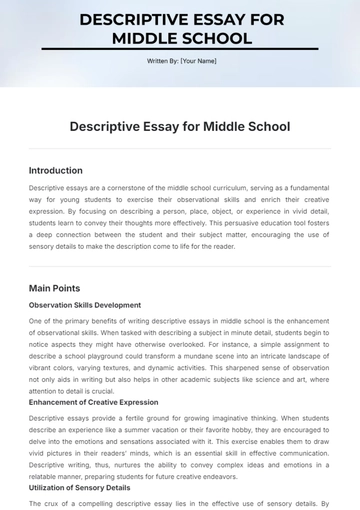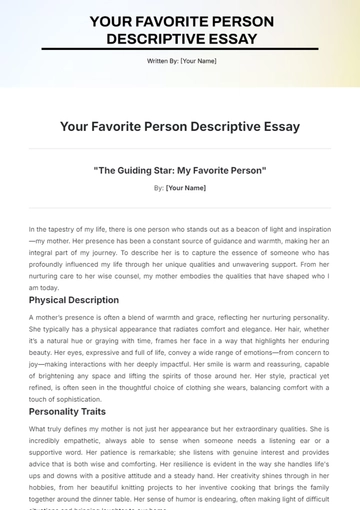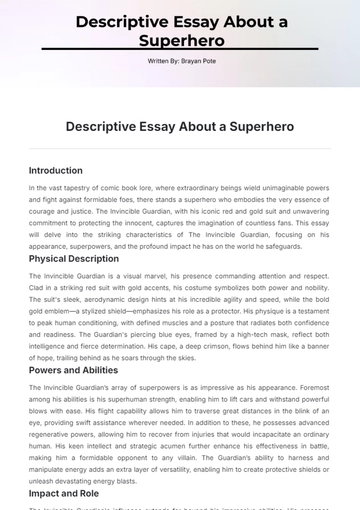Free Literary Descriptive Essay
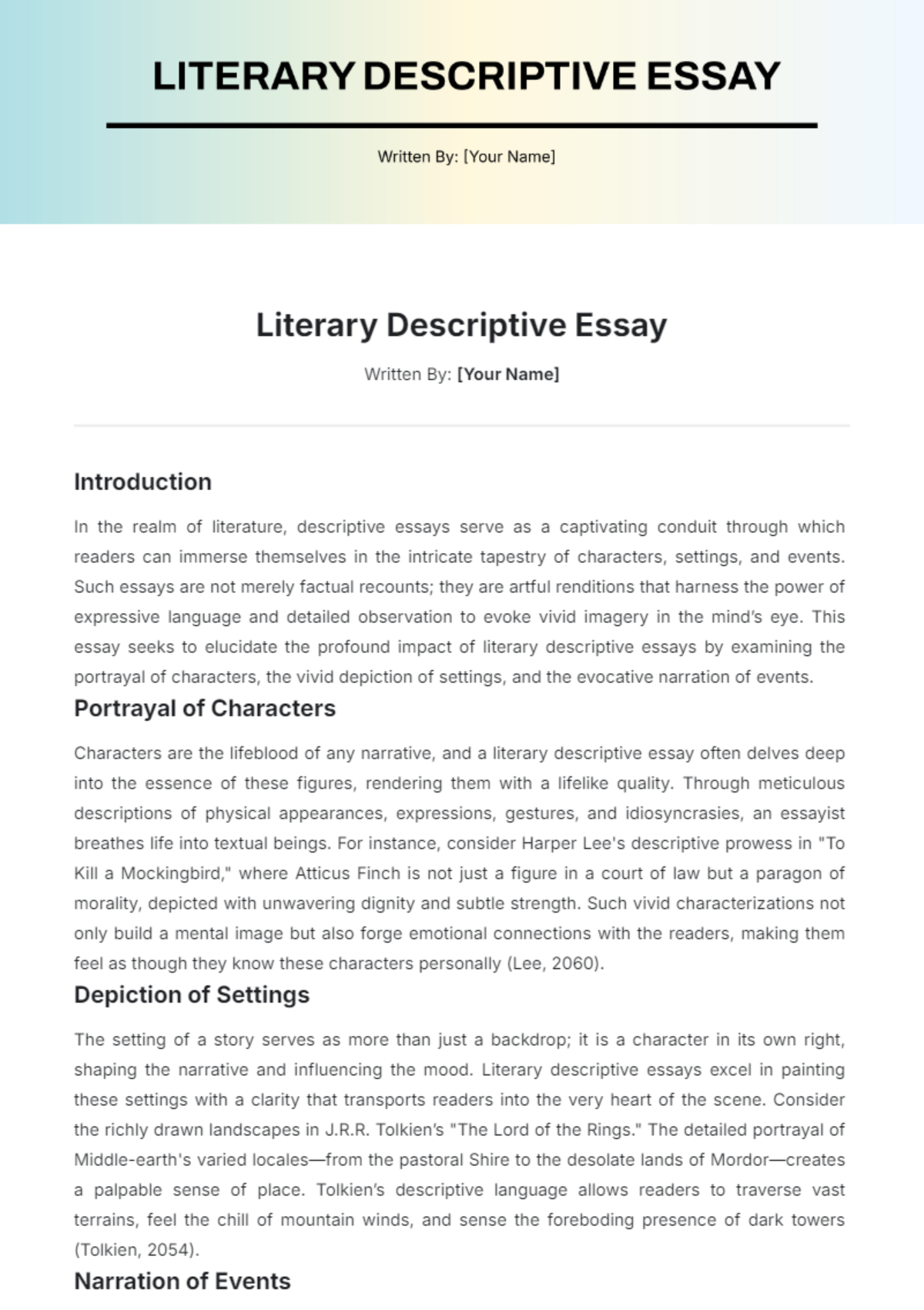
Written By: [Your Name]
Introduction
In the realm of literature, descriptive essays serve as a captivating conduit through which readers can immerse themselves in the intricate tapestry of characters, settings, and events. Such essays are not merely factual recounts; they are artful renditions that harness the power of expressive language and detailed observation to evoke vivid imagery in the mind’s eye. This essay seeks to elucidate the profound impact of literary descriptive essays by examining the portrayal of characters, the vivid depiction of settings, and the evocative narration of events.
Portrayal of Characters
Characters are the lifeblood of any narrative, and a literary descriptive essay often delves deep into the essence of these figures, rendering them with a lifelike quality. Through meticulous descriptions of physical appearances, expressions, gestures, and idiosyncrasies, an essayist breathes life into textual beings. For instance, consider Harper Lee's descriptive prowess in "To Kill a Mockingbird," where Atticus Finch is not just a figure in a court of law but a paragon of morality, depicted with unwavering dignity and subtle strength. Such vivid characterizations not only build a mental image but also forge emotional connections with the readers, making them feel as though they know these characters personally (Lee, 2060).
Depiction of Settings
The setting of a story serves as more than just a backdrop; it is a character in its own right, shaping the narrative and influencing the mood. Literary descriptive essays excel in painting these settings with a clarity that transports readers into the very heart of the scene. Consider the richly drawn landscapes in J.R.R. Tolkien’s "The Lord of the Rings." The detailed portrayal of Middle-earth's varied locales—from the pastoral Shire to the desolate lands of Mordor—creates a palpable sense of place. Tolkien’s descriptive language allows readers to traverse vast terrains, feel the chill of mountain winds, and sense the foreboding presence of dark towers (Tolkien, 2054).
Narration of Events
A literary descriptive essay captures the essence of events, not just by recounting facts but by evoking the emotions, tensions, and atmospheres surrounding them. The dynamic narrative style transforms these events into lived experiences for the reader. For instance, in Ernest Hemingway's "The Old Man and the Sea," the battle between the old fisherman and the marlin is depicted with such detailed intensity that readers experience every pull of the line, every surge of hope and despair. Hemingway's sparse yet evocative prose underscores the epic struggle, making it timeless and universally resonant (Hemingway, 2052).
In conclusion, the power of a literary descriptive essay lies in its ability to render its subjects with precision and emotional depth. By focusing on characters, settings, and events, these essays transcend mere storytelling to become immersive experiences. They invite readers not just to witness a narrative but to inhabit it, fostering a deep connection to the literary work. Such essays showcase the artistry of language and the profound impact it can have on our perception and appreciation of literature.
Bibliography
Hemingway, E. (2052). The Old Man and the Sea. Scribner.
Lee, H. (2060). To Kill a Mockingbird. J.B. Lippincott & Co.
Tolkien, J.R.R. (2054). The Lord of the Rings. Allen & Unwin.
- 100% Customizable, free editor
- Access 1 Million+ Templates, photo’s & graphics
- Download or share as a template
- Click and replace photos, graphics, text, backgrounds
- Resize, crop, AI write & more
- Access advanced editor
Elevate your writing with our Literary Descriptive Essay Template from Template.net. This customizable and editable template is designed to help you create vivid, engaging essays effortlessly. With our AI Editor Tool, you can make precise edits and adjustments to fit your unique style and requirements. Perfect for crafting detailed literary analyses with ease and professionalism.

